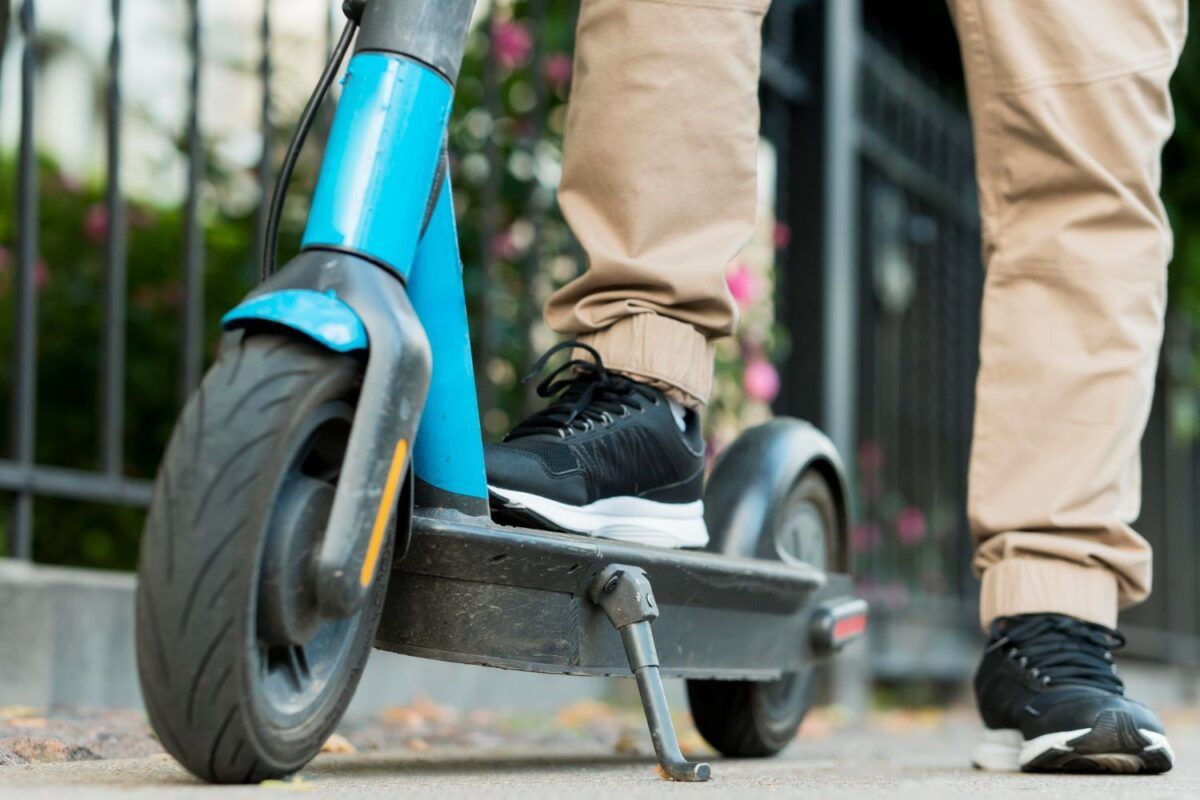Spain’s national rail operator, Renfe, has announced a comprehensive ban on electric scooters across its network.
Starting December 12th, 2023, this new policy will affect all train services, including city, mid-distance, long-distance, and high-speed trains.
The prohibition extends to renowned train lines such as AVE, Avlo, Alvia, Avant, Euromed, and Intercity.
Understanding the Ban and its Implications
This sweeping decision impacts all electric or battery-powered mobility devices, including segways. However, exceptions are made for electric bicycles and devices aiding those with mobility challenges. Violation of this rule will result in passengers being asked to disembark from the train.
The primary reason behind this bold step is not the inconvenience caused to fellow passengers, but the grave “public health and safety risk” these devices pose. Concerns center around the batteries of these mobility devices, which are prone to overheating, exploding, and potentially causing fires onboard.
A Wider Trend in Public Transportation Safety
This move by Renfe is not isolated. In early November, regional authorities in Madrid imposed a similar ban on electric scooters across all public transport, including buses, metro, and light rail. This decision followed an incident where an e-scooter exploded in Madrid’s metro system.
Barcelona’s transport authorities have also enacted a temporary ban on e-scooters and other personal mobility vehicles (PMVs) for safety reasons, again triggered by a similar battery explosion incident. In Seville, e-scooter access has been limited on the metro during peak hours on weekdays.
The trend extends beyond Spain. Certain railway operators in the United Kingdom and Ireland, as well as the London and Hamburg underground systems, have already prohibited electric scooters. Moreover, Paris became the first European capital to ban rented electric scooters in September 2023.
Exceptions and Future of Mobility
Contrastingly, Spain’s new low-cost rail operators Iryo and Ouigo are still allowing electric scooters on their trains, as per their official websites. This divergence in policies raises questions about the uniformity of safety measures across different operators.
Renfe’s decision marks a significant shift in the approach to personal mobility devices on public transport. It underscores a growing concern over the safety of these increasingly popular modes of transportation. While these measures might cause inconvenience to some, they are pivotal in ensuring the safety and well-being of the wider public. As the landscape of urban mobility evolves, such regulations may become more common, shaping the future of transportation in urban spaces.















